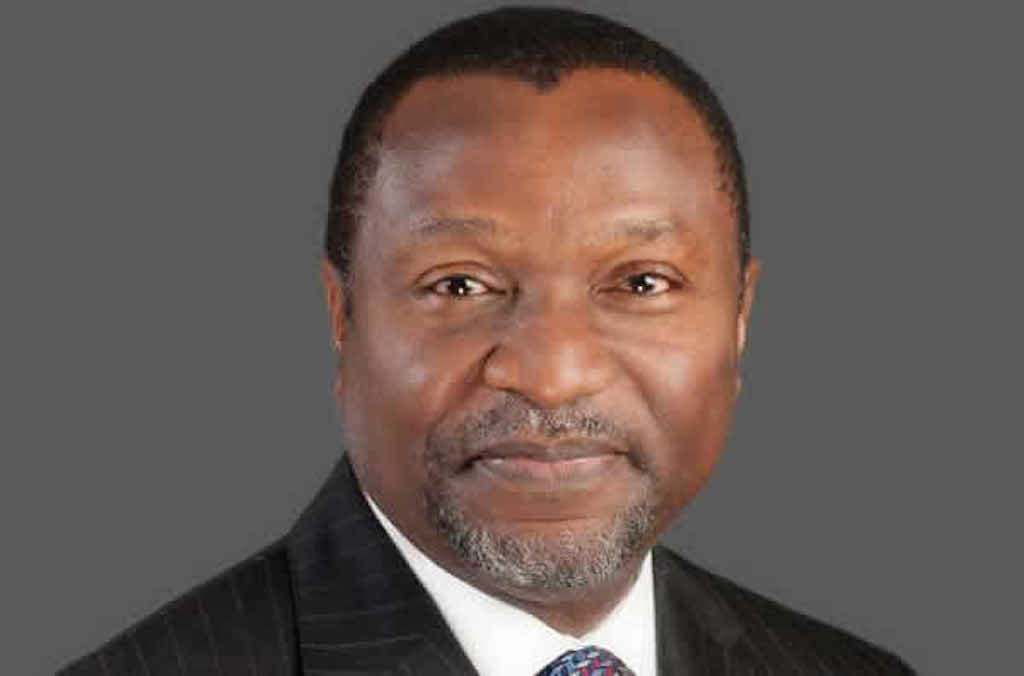
There is no plan to raise Value Added Tax (VAT), Minister of Budget and National Planning Udoma Udo Udoma said yesterday.
Senator Udoma spoke during the opening of a public hearing on the 2017 budget by the National Assembly.
Replying to a question from Senator Ben Murray-Bruce, who was worried that the private sector and others were not sure whether or not VAT would be reviewed upward, the minister said: “I will like to talk about taxation. A view was expressed that we should not increase taxes. We were told that we should broaden the collection of taxes and that is precisely what is in the budget. There is no increase in VAT, there is no increase in companies’ income tax, there is no increase at all in taxes.
”No increase in taxes, but people who are not paying their taxes should pay because its unfair that some people are paying others are not paying.
The idea is to increase revenue by broadening the tax base, not by increasing taxation.”
The public hearing continues today with Civil Society Organisations (CSOs)and other interest groups expected to make presentations.
Declaring open the event, the Senate President Bukola Saraki said that the public hearing was aimed to increase the efficiency of government and its responsiveness to citizens needs
Saraki also said that the public hearing which drew members of the public and other stakeholders was aimed to improve overall transparency and accountability in governance.
It is the first of such and was organised by the Joint Appropriation Committees of the Senate and House of Representatives.
Saraki added: “The best way to achieve this is to ensure that all stakeholders are made a part of the decision-making process especially as it relates to the provision of public services and distribution of social benefits.”
He said by engaging critical stakeholders and members of the general public to make input into the 2017 budget, the National Assembly hoped to increase the efficiency of government and its responsiveness to citizens needs as well as improve overall transparency and accountability in governance.
He said, “You will agree with me that the current state of the economy is needs, among others, a credible budget that will stimulate real economic activities, fix our critical infrastructure and provide cushion for the poor and vulnerable.
“The challenge, however, is how best to ensure that the Budget is utilized as an effective policy in achieving these. It is, therefore, in line with this belief that the 8th National Assembly deemed it necessary to bring Government, Civil Society Organisations, Private Sector, and other key actors in the economy to deliberate on the Budget proposal.
“Through this engagement, and others to come, we hope to increase the efficiency of government and its responsiveness to citizens needs as well as improve overall transparency and accountability in governance,” he said.
Saraki listed the issues challenging the nation’s economy to include low government revenues, shortages in foreign exchange supply, slowdown in economic activities, rising unemployment and cost of living.
He said: “We are all affected in one way or another. With key economic indicators heading south, there is no better opportunity to reset the fundamentals of our economy.
“What we have before our consideration is the 2017 Budget proposal of N7.298 trillion, which we believe has been designed based on a medium-term recovery and growth plan.”
“At the various sub-Committees, we are objectively reviewing the planned expenditures especially as it relates to its feasibility and relevance in delivering the broad objectives of the Budget which are to: i. Pull the economy out of recession; ii. Invest in the people of Nigeria; and, iii. Lay the foundations for a diversified, sustainable and inclusive growth.
“On a more specific note, the 2017 capital budget proposal is intended to support activities that will help to speed up the diversification of the economy and the promotion of the non-oil sector, as well as create jobs for our youth.
“Accordingly, it is expected that “Made-in-Nigeria” (that is, domestic production of food, materials and other commodities) will be encouraged. In addition, 2017 capital budget proposal is intended to engender private sector partnership in infrastructure as well as other critical sectors of the economy such as agriculture, manufacturing and services.
“However, the extent to which the budget proposal will succeed in achieving its overall objective of pulling the economy out of recession depends on a number of imperatives.
”In addition, the National Assembly will continue to focus on priority Bills that will loosen the structural bottlenecks that are impeding the ease-of-doing business in the country.
“These priority Bills, among which, include: National Transport Commission bill; National Road Fund Bill; National Road Authority Bill; National Inland Waterways Bill; Nigerian Ports and Harbours Authority Bill; Infrastructure Development Commission Bill, Petroleum Institution and Governance Bill; Federal Competition and Consumer Protection Bill will un-stiffen the investment climate in critical sectors of the economy.
“What we want to build is a better Nigeria, and we all have a part to play.”
Speaker of the House of Representatives Yakubu Dogara, said the National Assembly would not abdicate the onerous constitutional responsibility of appropriation “no matter the degree of intimidation and blackmail the legislature is subjected to by persons who want to cow us and brazenly put our democracy in a recession.”
Chairman of the Senate committee on Appropriation, Senator Danjuma Gombe, warned that in considering the budget, partisan politics must be set aside in the interest of Nigerians.
He promised that the joint committee would address the lopsidedness in the budget which favours one section of the country at the expense of others.
END

Be the first to comment